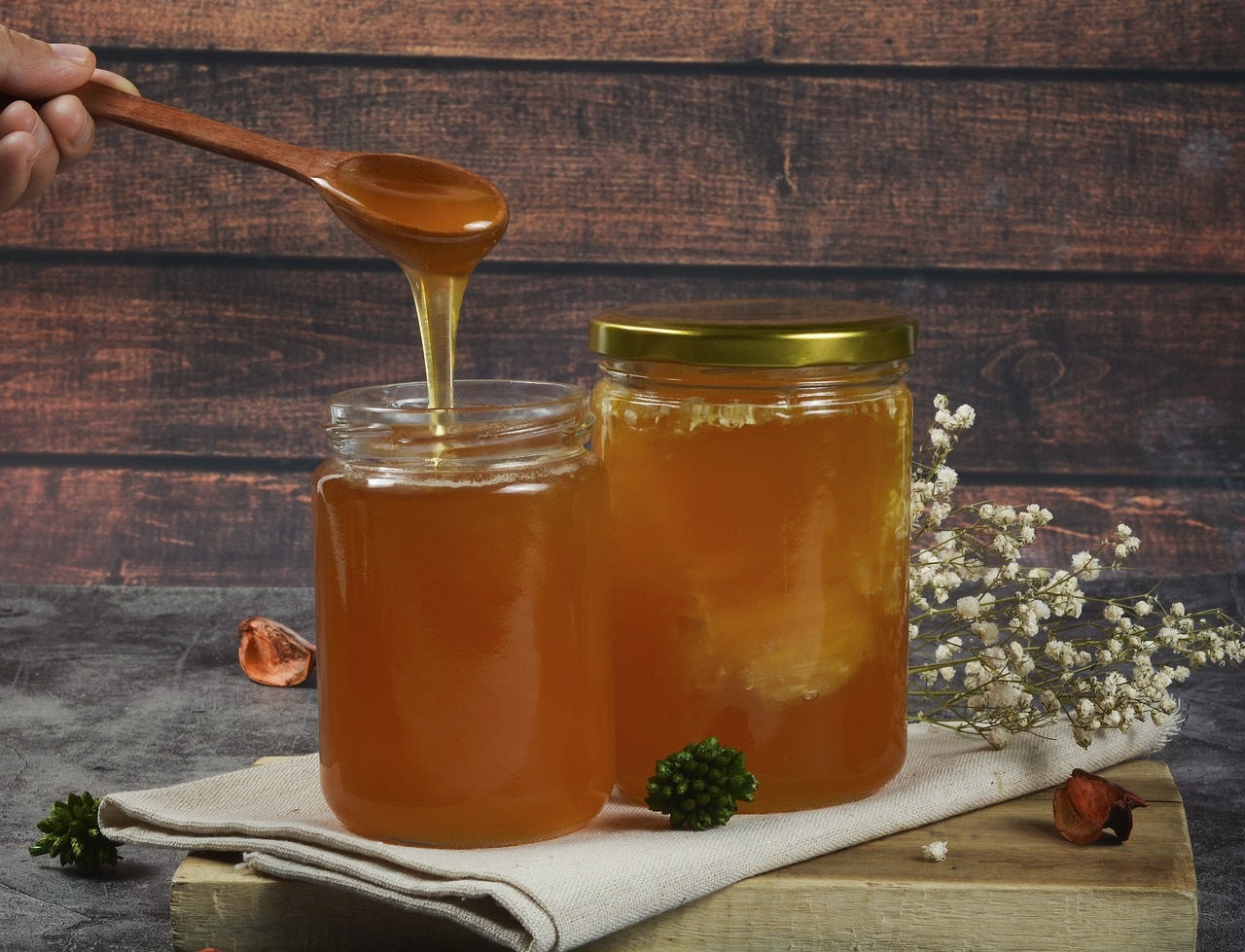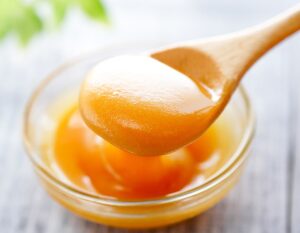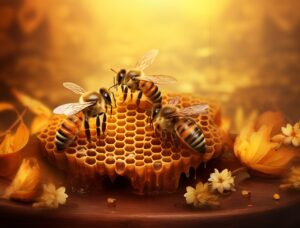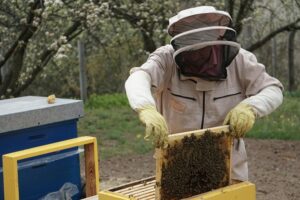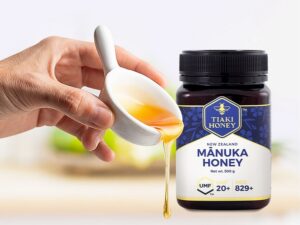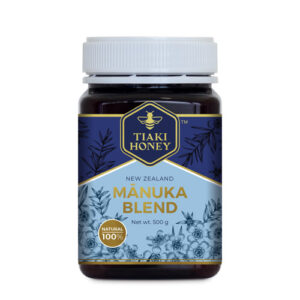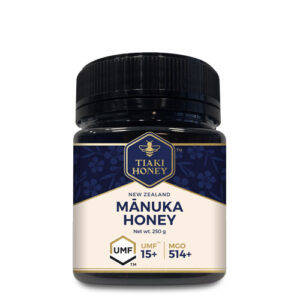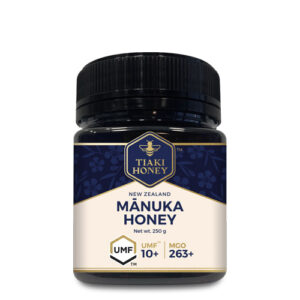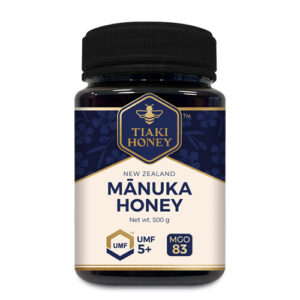Natural, Pure, and Raw Honey Differences Explained
In the world of honey, terms like “natural,” “pure,” and “raw” are often used interchangeably, leading to confusion among consumers.
At TIAKI Honey Malaysia, we believe in providing clarity and transparency when it comes to the honey you choose.
In this article, we aim to demystify the differences between natural, pure, and raw honey, ensuring you have the right information to make an informed decision about the honey that suits your preferences and needs.
Natural Honey: The Essence of Nature
When honey is labeled as “natural,” it means that it is minimally processed and undergoes limited interventions. Natural honey is extracted from the hive and strained to remove impurities like beeswax and larger particles.
It retains its natural flavors, colors, and aromas, reflecting the unique characteristics of the nectar and pollen gathered by bees. While natural honey undergoes minimal processing, it is important to note that it may still be gently heated to facilitate extraction and bottling.
Pure Honey: Unadulterated Goodness
The term “pure honey” refers to honey that is free from any additives, adulteration, or dilution. Pure honey undergoes more rigorous testing to ensure its quality and authenticity. It should contain no added sweeteners, artificial flavors, or preservatives.
It is important to note that while pure honey is free from adulteration, it may still undergo heating during processing to improve its texture and delay crystallization.
Because they eliminate air bubbles and make the honey appear more consistently clear, these heating and filtering procedures are believed to enhance the pure honey’s visual appearance.
The pollen and nutrients that give honey its distinctive flavor and beneficial properties, however, often frequently get removed or broken down during the processing.
Raw Honey: Nature’s Unfiltered Gift
Raw honey like our own TIAKI Manuka UMF-certified Honey is the closest you can get to honey in its natural state. It is minimally processed and undergoes minimal heat treatment, allowing it to retain its natural enzymes, pollen, and propolis.
It also contains more than 30 distinct minerals, 22 amino acids, and a comprehensive spectrum of vitamins and enzymes in trace amounts
The presence of over 30 different bioactive plant components is what makes raw honey so amazing. They are referred to as polyphenols and function as antioxidants.
These antioxidants have been linked in numerous studies to a number of remarkable health advantages, such as lowered risk of heart disease and decreased inflammation.
Raw honey is often preferred by those seeking the most natural and unprocessed form of honey. It may appear cloudy or contain small particles, showcasing its unfiltered nature.
Raw honey can crystallize over time, which is a natural process and does not affect its quality.
The Benefits of Natural, Pure, and Raw Honey
Whether you choose natural, pure, or raw honey, each type offers its own set of benefits:
Nutritional Value: All three types of honey are rich in antioxidants, vitamins, minerals, and enzymes. They provide natural energy and contribute to overall well-being.
Antimicrobial Properties: The antimicrobial properties of honey can help fight off bacteria, making it a natural remedy for certain ailments.
Flavor and Aroma: Natural, pure, and raw honey each have distinct flavors and aromas, ranging from floral and fruity to robust and earthy. Choosing the right type can enhance the taste of your culinary creations.
Healing Properties: Raw honey, in particular, is known for its potential wound-healing and soothing properties when applied topically.
Making an Informed Choice
When selecting honey, consider your personal preferences and the specific qualities you desire. If you value minimal processing and prefer honey in its natural state, raw honey may be the ideal choice for you.
If you seek honey that is free from additives and adulteration, pure honey ensures unadulterated goodness. Natural honey offers a balance between minimal processing and accessibility.
Understand the differences between TIAKI honey types. Explore honey varieties with UMF™ Manuka Honey!
